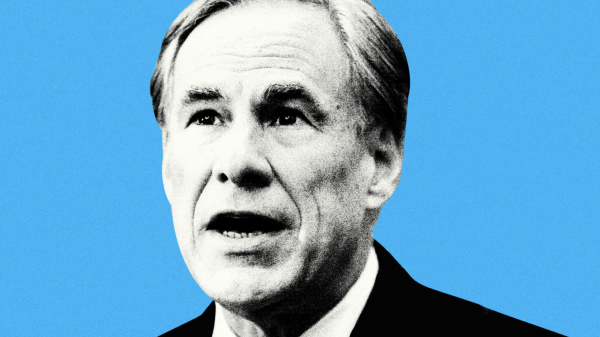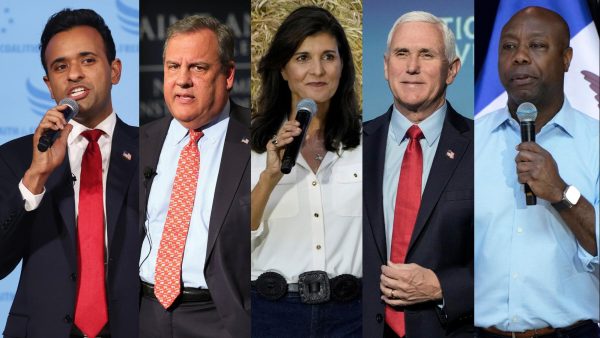Why Trump’s House Isn’t the White House: The Bias of Nepotism
February 17, 2017
Earlier this January, president Donald Trump announced that Jared Kushner, his son-in-law, would serve as a senior adviser to the White House. According to the Trump Presidential Transition Team, Kushner will step down from his position as CEO of Kushner Companies and forego a salary while serving. Kushner, a part of Trump’s inner circle, and his involvement in the political sphere raises a number of legal and ethical questions about the role of relatives in government.
In other words, Trump is using his power as president to appoint a family member to a governmental position, taking part in a widely disputed practice known as nepotism. Nepotism is defined as the act among those with power or influence of favoring relatives [1]. First a topic of controversy when John F. Kennedy appointed his brother, Robert F. Kennedy, as Attorney General, nepotism has long been condemned. After Kennedy’s presidency, in 1967, President Lyndon B. Johnson established anti-nepotism laws. Although controversy exists regarding whether or not Trump should have the authority to appoint Kushner to the specific position of senior advisor, the precedent is clear—nepotism does not have its place in the United States government.
Since Kushner is close to Trump, the president can unduly influence Kushner’s moral and political ideals. Norman L. Eisen, who served as Barack Obama’s ethics counselor at the White House, stated in a New York Times article that “when push comes to shove, you want the president’s advisor to remember that their oath or affirmation to the Constitution comes first before family ties” [2]. With a relative in power, it is easy for advisors to put their family first rather than the importance of the country, which is exactly what should be avoided.
In addition to nepotism swaying the morals of the appointed family members, the president of the United States should not be able to appoint relatives in any type of position in the government, because it is an infringement of the president’s allotted powers.
“I think it clearly violates the intent of the law,” states University of Minnesota law professor Richard Painter, who served as a Chief White House Ethics Lawyer from 2005 to 2007 [3]. While there aren’t specific laws on whom the president should or should not appoint, the president is abusing his power.
The act of nepotism is also an unfair selection of who is suitable to govern the country. Other politicians, even those more capable than Kushner, do not have a chance offer their service to the country. Grace Wang ‘19 affirms that “leaders of the government should be chosen based on their qualifications, and Trump’s choice might not be the best one for America.” Under this form of patronage, family members have the priority, but are not always the best possible choice.
Trump’s recent actions have demonstrated that nepotism remains a disputable issue to date, and the discussion of nepotism is a concern to many. When it comes to other professions, nepotism can arguably be excused when dealing with the inheritance of a company or the business of an older family member. Generally, nepotism on a local scale is not considered as grave as nepotism on Capitol Hill. According to U.S. Census data, 22 percent of working American men whose fathers were present during their teenage years will, by time they turn 30, have worked for the same employer [4].
With Kushner’s obvious bias, the United States might not have the voice of what is right, but rather the voice of one family. Nicholas Casey ‘20 states, “Trump’s choices do not reflect the best representatives of this country. He getting too far away of the main goal in this country, freedom.”
Ultimately, family and politics are separate matters, and the relationship between Kushner and Trump should be reserved to family dinners. The country should be run by those who are suitable for the job, not by those who are related to powerful individuals.
[1] https://www.scu.edu/ethics/focus-areas/government-ethics/resources/what-is-government-ethics/favoritism-cronyism-and-nepotism/
[3] https://www.nytimes.com/2016/11/18/us/politics/donald-trump-administration.html





